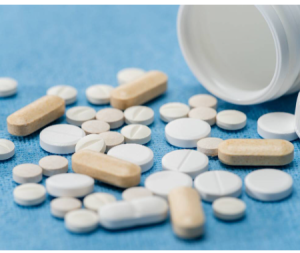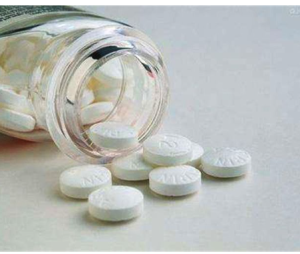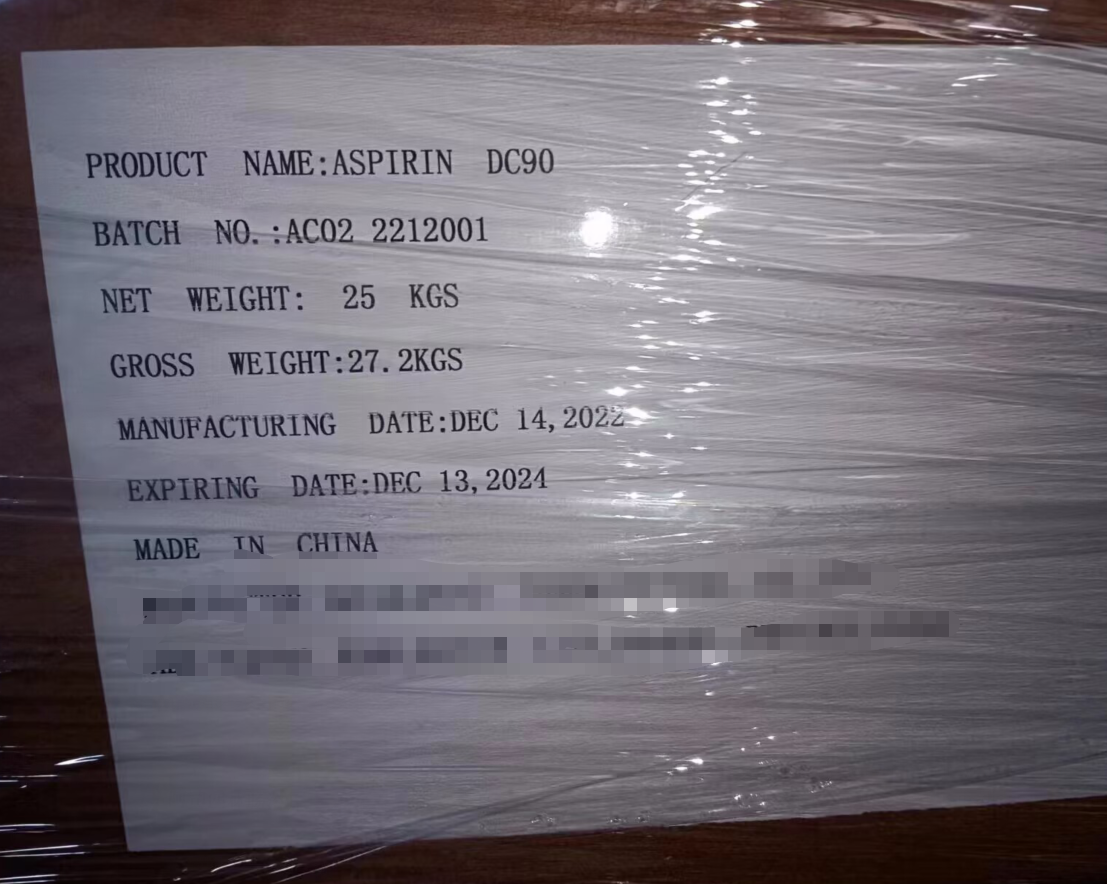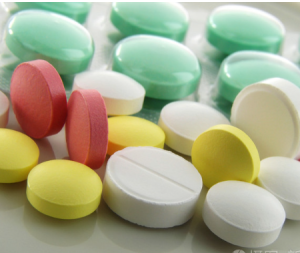Aspirin is an antiinflammatory compound that inhibits NFκB, cylooxygenase-1 (Cox-1), and cyclooxygenase-2 (Cox-2). NFκB is a transcription factor that plays an important role in the expression of cellular and viral genes, which regulate the inflammatory response and infection. Adhesion molecules IL-1 and IL-6 are genes regulated by NFκB. Along with sodium salicylate (sc-3520), aspirin has been shown to block the long terminal repeat from the human immunodeficiency virus and the Ig κ enhancer from NFκB dependent transcription. Research indicates that aspirin acts at a site downstream of glutamate receptors and blocks induction of NFκB mediated by glutamate. Additional studies suggest that aspirin and sodium salicylate specifically inhibit IKKβ, which results in the blocking of NFκB genes responsible for the inflammatory response. Aspirin has also been described to elevate extracellular adenosine levels, downregulate the expression and activity of inducible NOS, decrease the levels of adenosine triphosphate, act on multiple mitogen-activated protein kinase activities, and block the uncoupling of oxidative phosphorylation. Studies reveal that aspirin alters the equilibrium of Mcl-1/Noxa, giving rise to apoptosis of leukemia cells, independent of NFκB and MAPKs.






